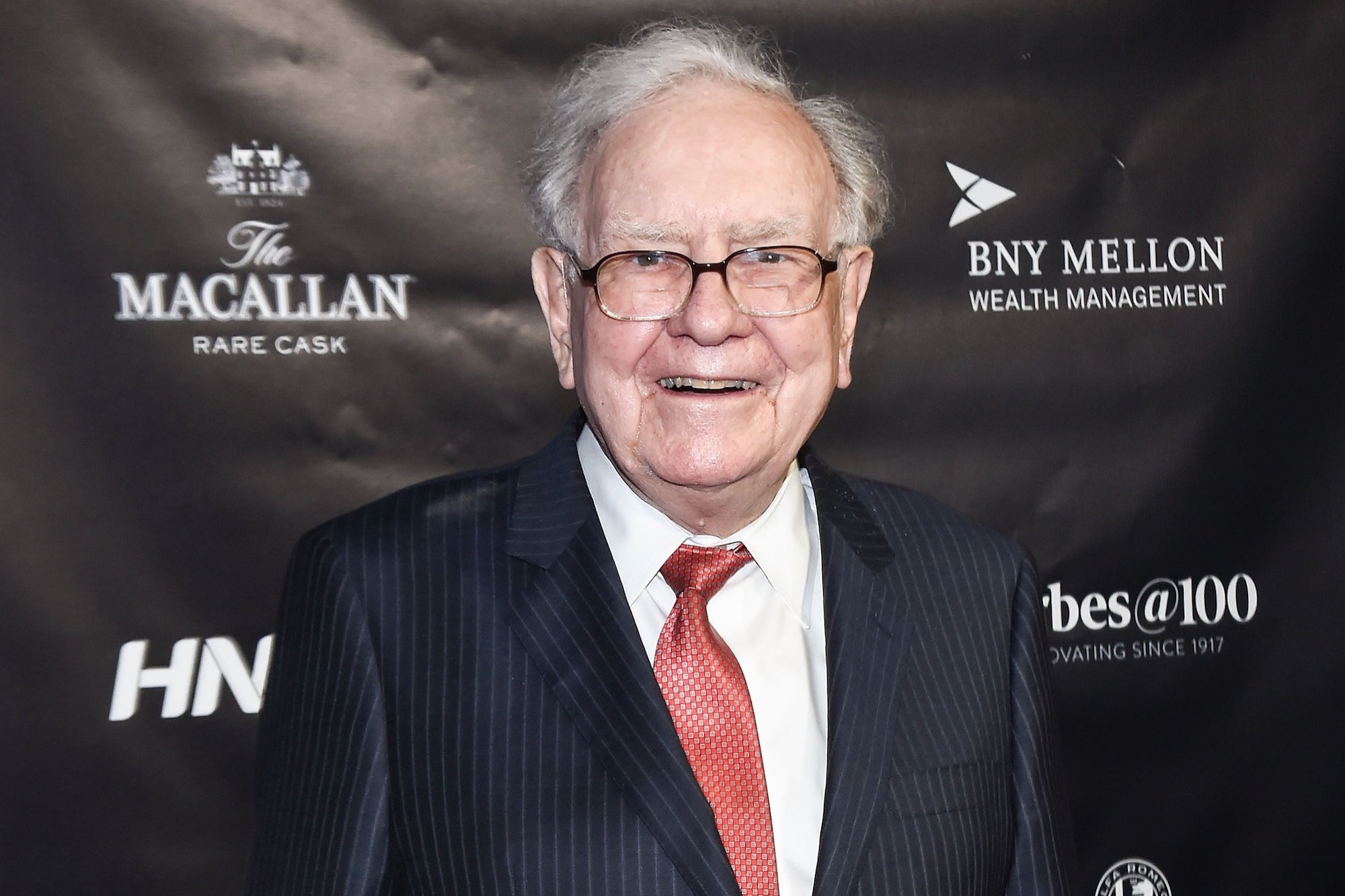Warren Buffett Defends Stock Buybacks In Annual Shareholder Letter Do buybacks help shareholders line their own pockets at the expense of innovation — or are they just a financial lever?
Opinions expressed by Entrepreneur contributors are their own.

In Warren Buffett's yearly letter to shareholders, he argued for the positive nature of stock buybacks — at least when purchased at reasonable prices.
"When you are told that all repurchases are harmful to shareholders or to the country, or particularly beneficial to CEOs, you are listening to either an economic illiterate or a silver-tongued demagogue (characters that are not mutually exclusive)," Buffett wrote in the letter.
As the New York Times' Dealbook noted, this was one of Buffett's shortest letters in decades and comes amid what looks like, on paper, billions of losses for his investment firm Berkshire Hathaway amid a zig-zaggy stock market. (In the letter, Buffet says the business fundamentals are still good, and he also said the loss number is "misleading.")
Buffett is the chairman of Berkshire Hathaway, a massive investment firm that, as he outlines in the letter, has massive stakes in the likes of Apple, American Express, and Coca-Cola. In the letter, he also included a couple of sentences about a tool often used by large companies on the public market: stock buybacks.
This comes after President Biden said in the annual State of the Union address in January that Congress should quadruple the 1% tax on buybacks installed by the Inflation Reduction Act. In particular, he attacked energy companies for the buybacks and "rewarding their CEOs and shareholders," he said.
Exxon, for example, announced record profit in 2022 and upped a plan from $30 billion to $50 billion in stock buybacks over the next two years. Chevron announced a $75 billion stock buyback program in January.
Related: Buffett's Next Bet Is One Of His Biggest Ever
A stock buyback is when a company uses excess cash to repurchase shares of itself, often referred to as "reinvesting" in the business. It also reduces the number of outstanding shares, and that leads to benefits for those who already own pieces of the company. However, it also means the company is not more tangibly investing in itself, such as by hiring more people or acquiring other businesses, besides boosting its financials.
The Wall Street Journal pointed out that this action is often taken by very large companies because their businesses have reached a point where they have more spare cash available than means and opportunity to put money into new things.
Stock buybacks are not limited to energy companies.
Apple is a longtime practitioner of buybacks. In November, Bloomberg reported that Apple has spent over $550 billion purchasing its own shares since 2013, beating out any other U.S. company.
Senators Sherrod Brown (D-Ohio) and Ron Wyden (D-Oregon) have proposed higher taxes on buybacks and have called for the Commerce Department to ensure funds from the semidocutor incentive CHIPS Act were not used to "enable" buybacks. But, as many have noted, a 1% tax is not enough to sway companies to stop buybacks.
In Buffett's letter, he said that as long as the shares weren't being bought at inflated prices, they were basically neutral. He gave the example of an automotive dealership where there are three owners. One with a passive stake sells his portion to the others at "a price attractive to the two continuing shareholders."
"When completed, has this transaction harmed anyone? Is the manager somehow favored over the continuing passive owners? Has the public been hurt?" he wrote in the letter.











